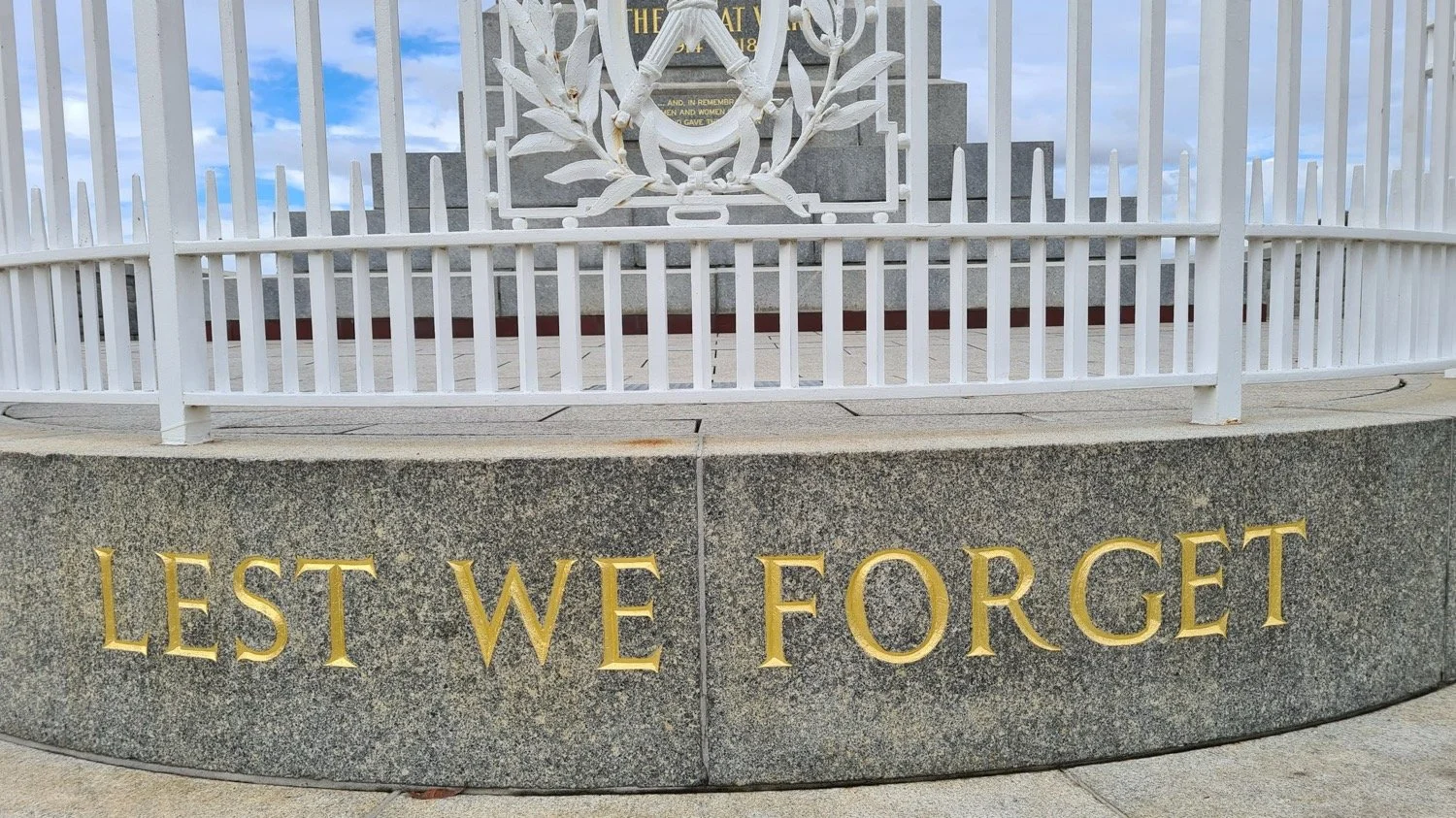Readings for today: Judges 8:18-9:21, Luke 23:44-24:12, Psalms 99, Proverbs 14:9-10
Doubt. Fear. Astonishment. Confusion. Disbelief. This is the full range of emotions that swept the followers of Jesus that first Easter morning. No one - absolutely no one - was expecting a resurrection. They all believed it was over. Their hopes and dreams turned to dust. Some were returning home. Some were hiding out in fear. Some went to the tomb to mourn. All of them grieving in their own way.
It has been suggested over centuries that the disciples didn’t know a dead body when they saw one. It has been suggested that Joseph and Nicodemus didn’t realize Jesus was still alive. It has been suggested that Jesus merely swooned on the cross. Fainted. And in doing so, tricked the Roman soldiers - among the most brutal killers the world has ever known - into believing He was dead. It has been suggested that this same Jesus. Body broken. Incredibly weakened by blood loss. Was somehow able to roll the stone away from within the tomb and escape. That He then appeared to His followers and convinced them He was alive. Still others have repeated the fake news the chief priests tried to spread about Jesus’ disciples - fishermen and tax collectors - somehow stealing His body in the dead of night when the Roman guards were asleep. (Something that rarely happened by the way since the punishment for falling asleep on your watch was death.)
The resurrection of Jesus Christ stands as the seminal event in human history. It demands attention. It requires reflection. One cannot dismiss it or ignore it or pretend it didn’t happen. If Jesus was raised from the dead then we have to take Him seriously. We have to consider every word that He said. We have to grapple with the truth He proclaimed about a Kingdom not of this world and a God who loves the world and judges it with righteousness. We have to wrestle with what He has to say about the human condition. The sinful state of our hearts and our desperate need for forgiveness and grace. We have to listen to Him when He tells us how to live and repent of our stubborn, prideful, selfish ways. The resurrection validates everything about Jesus. His life. His teaching. His miracles. His suffering. His death. It is God’s stamp of approval on unique identity Jesus claimed for Himself as the Son of God.
This is the truth that confronted the disciples. Jesus, whom they saw die, was now alive. They got to see the wounds in His hands, feet, and side. And if Jesus was raised from the dead. If death could not hold Jesus. If the grave could not keep Jesus. Then what did that mean for their lives? How would that change their future? They realized there was now no going back. No returning back to life as they knew it. No more fishing boats and tax booths. God was on the move. This gospel must be proclaimed! They were being given a great commission to carry this news to the ends of the earth!
2000 years later, we are still engaged in this same mission, friends! God is still moving! The news of the resurrection has yet to be proclaimed to every tribe, tongue and nation! Each new generation must come face to face with the Risen Christ! They must deal with the truth of His resurrection! He simply cannot and will not be denied!
Readings for tomorrow: Judges 9:22-10:18, Luke 24:13-53, Psalms 100, Proverbs 14:11-12




